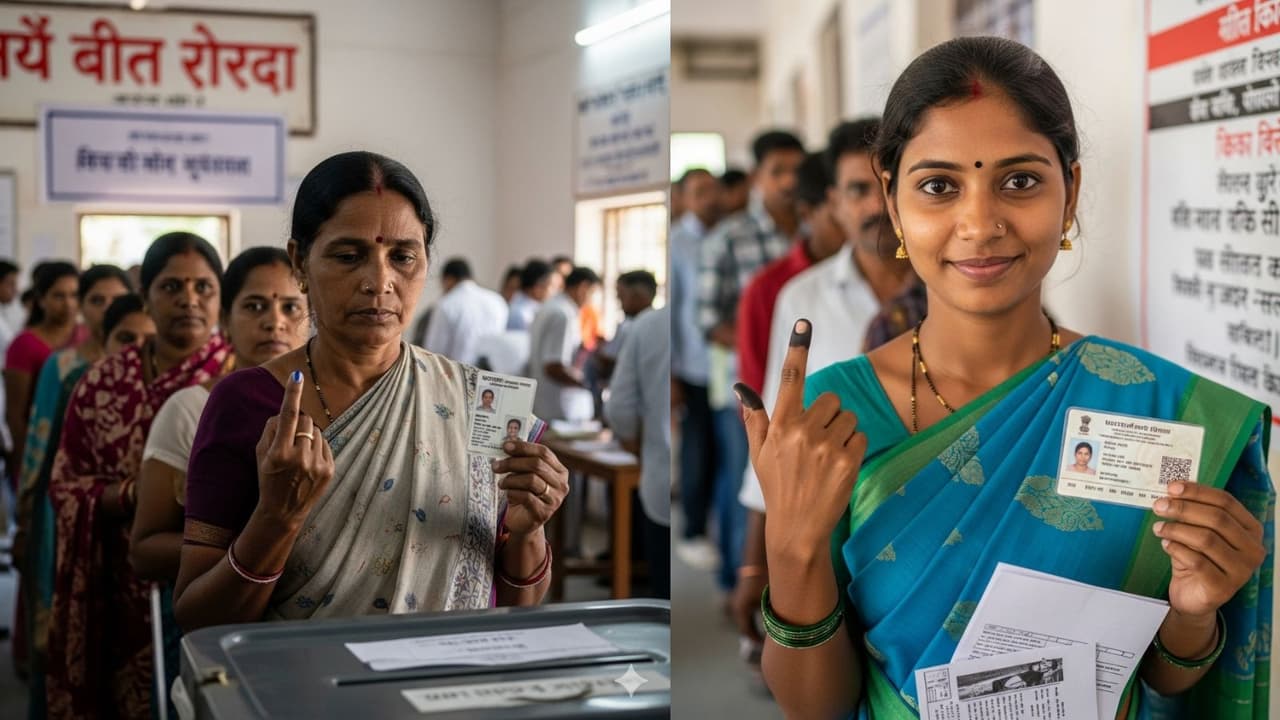The voter number and participation of women in Raniganj assembly seat in Araria district is more than men, but in the last 30 years no female MLA has been made. Know the reasons for this and the possibility of change in the upcoming elections.
Patna: The Raniganj assembly seat of Araria district has been giving proof of the increasing participation of ‘half population’ in every election. Here not only the voter number of women, the voting percentage is also always higher than men. According to 2020 data from the Election Commission, 1,61,414 of 3,36,020 voters in Raniganj were women. 86,565 women participated in the voting. This is more than male voters (74,238). Despite this, only male MLAs have been elected here in the last 30 years.
Women’s defeat after Shanti Devi
Shanti Devi has been the strongest identity of women leadership in the history of Raniganj. Shanti Devi, who won the election on Janata Dal ticket in 1990 and 1995, not only became an MLA, but also reached the post of minister in the Bihar government. After him, thousands of women voted in Raniganj but no woman could become an MLA again. In the electoral fray, women may be engaged in their lives, but the tickets or local equations of political parties put forward male candidates.
Ethnic and political equation
Raniganj assembly seat is reserved for Scheduled Castes and parties like Congress, BJP, JDU, RJD have always had a tough fight here. From 1957 to 1985, the Congress dominated, where the Congress candidates won a total of 5 times. The BJP won three times, JDU and Janata Dal, two each, RJD, Janata Party and independent candidates once won here. Since 2000, the BJP and then the JDU have been heavy. In 2020, JDU’s unknown Rishidev held this seat by defeating the nearest rival by only 2,304 votes.
Women confused in democracy
Women’s participation in the constitution and democratic process is increasing, but when it comes to the results, they are limited to voting only. This irony becomes even bigger when the claim and profitability of women in politics is either entangled in the caste equation, or is left behind in the list of priority of political parties.
Local issues
A large part of Raniganj assembly constituency is divided into gram panchayats. Local issues like education, health, public distribution system and employment are always affected here. Most of the problems related to women remain serious even today. But their solution can be found firmly only when female representation in political leadership is also seen equally. The growing vote percentage of women has also added a new confidence in the emerging generation that perhaps the next time their share reached power.
What will happen?
The social participation of women of Raniganj in changing Bihar is writing a new story. Will women voters be able to go beyond the ‘decisive’ with the 2025 election? Or will men still have a unanimous rule on the chair of victory? This question is worth considering not only Raniganj but also for the democratic future of the whole of Bihar.
